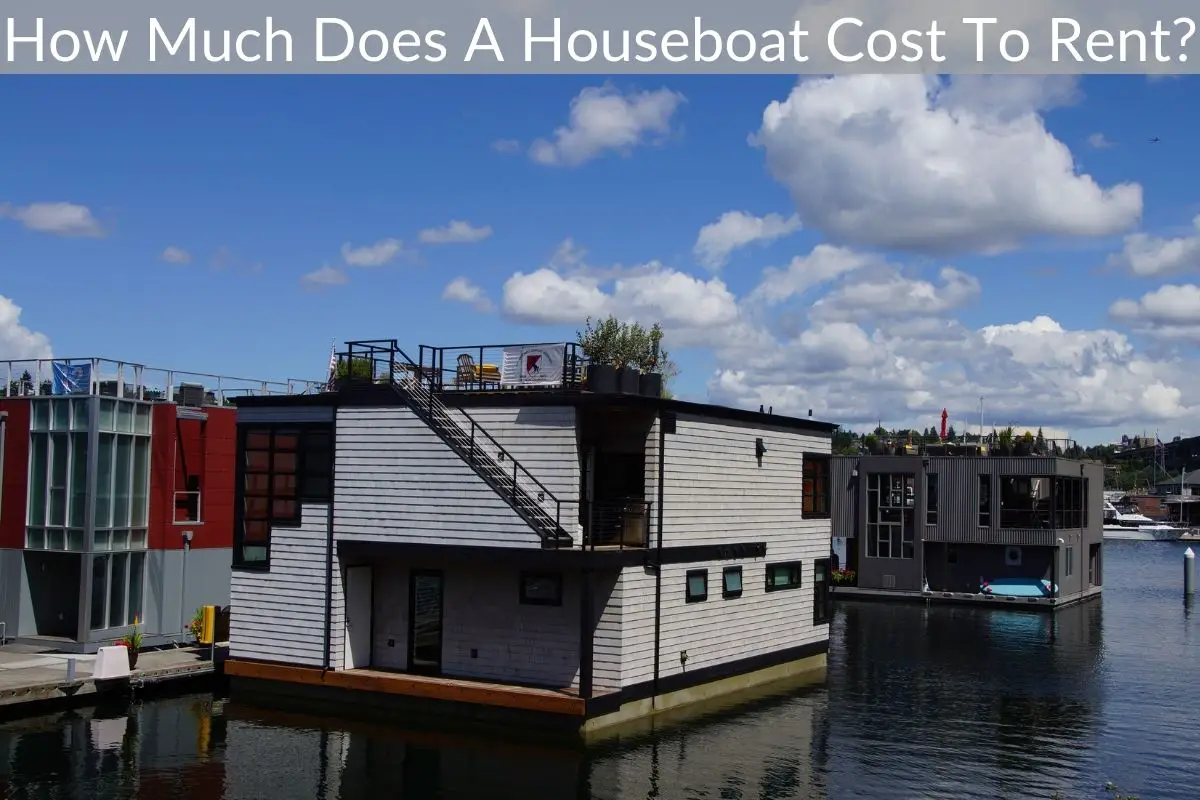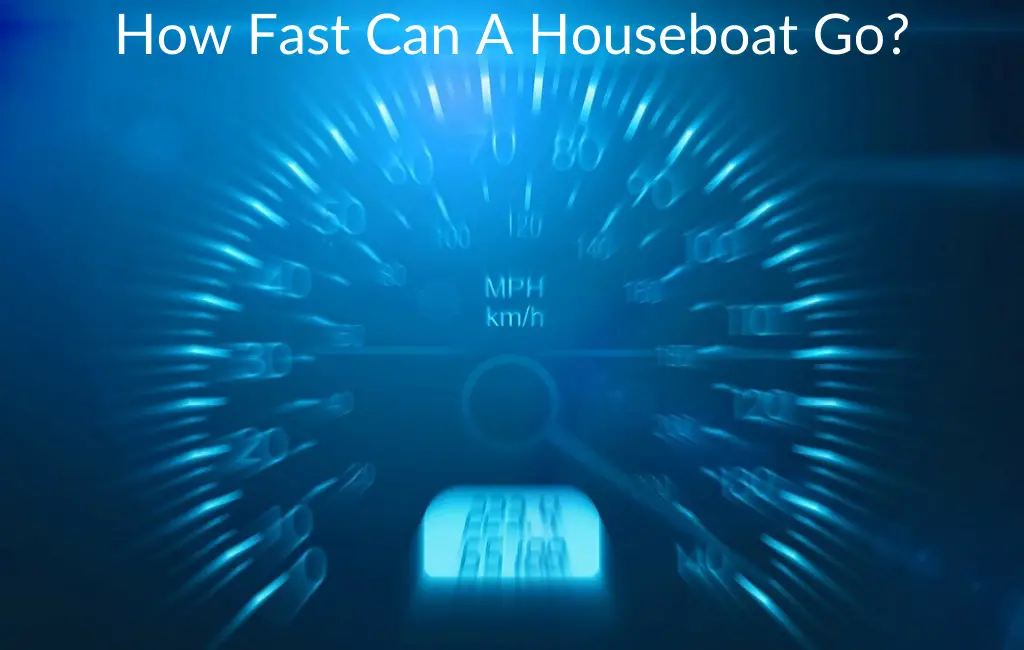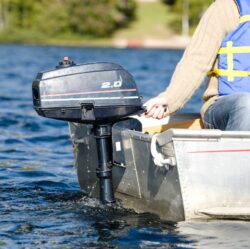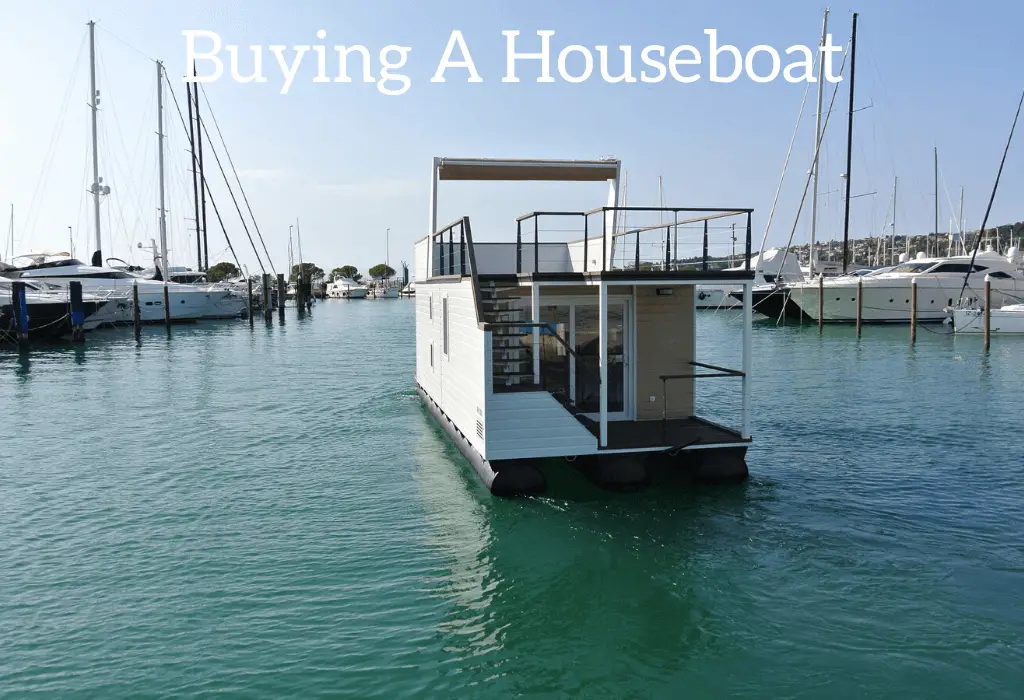When you plan on buying or renting a boat it is important to know the laws in the state where you will be boating. In this article I will be giving the current laws in the state of Michigan.
*This post may contain affiliate links. As an Amazon Associate we earn from qualifying purchases.
Since laws can change and certain locals can have more restrictive laws than the state does always be sure and contact the local area where you will be boating if you have any specific questions.
Boat Operation Laws
Anyone born after July 1, 1996 is required to have a boater safety certificate and is required to have it with them if they are piloting the boat. Anyone born before that date can pilot a boat without taking a safety course.
Children ages 12 and younger are allowed to pilot a boat as long as
The vessel is under 35hp
The child has a boater safety certificate
The child is supervised by someone who is older than 16.
A child 12 and younger is never allowed to pilot a boat that is over 35hp.
These laws can be found at Sec. 324.80141
The laws for operating a personal watercraft are a little different. They are:
A person using a PWC who was born before December 31, 1978 is not required to have a boating safety certificate. Anyone born after that date is required to have a boating safety certificate to operate a PWC.
Anyone under the age of 14 cannot operate a PWC. Those who are 14 &15 can operate a PWC if they
Have a boating safety certificate
Have a parent, legal guardian, or a designated person over 21 on board
Are operating the PWC within 100 feet of the parent, legal guardian, or designated person.
Anyone who is 16 and older can operate a PWC by themselves as long as they have a boating safety certificate.
Boat Safety Laws
There must be a life jacket on board the boat for every passenger and anyone being towed by the boat.
A throwable life saving device must be on board any boat that is over 16 feet in length.
Children six years old and younger must wear a lifejacket anytime they are on an open deck while the boat is moving.
Anyone riding or being towed by a PWC must be wearing a life jacket at all times.
If a diver is submerged they are required to have a buoy with a red flag on it to let other boaters know that someone is under the water. A boat is not allowed to be operated within 200 feet of the diver’s buoy.
Your boat is required to have navigation lights if you are underway from sunset to sunrise. If you are anchored overnight your boat is required to have an all round white light on from sunset to sunrise.
All vessels are required to have a Type-B fire extinguisher on board if you have any closed storage compartments, living quarters, permanently installed fuel tanks, or double bottoms not sealed to the hull.
Every vessel is required to have some sort of sound making device. Depending on the length of your boat the device can be as simple as a whistle or as complex as an installed horn. This device is to help other people know where your vessel is in the event of poor visibility.
Boat Piloting Laws
When two vessels are headed towards each where a collision could occur, each boat is to move so the other boat passes on the port side.
If you are directly passing a slower moving vessel you should pass on that vessel’s port side if possible.
If a motorboat and sailboat are on a collision course, the motorboat is required to give way to the sailboat.
The operator of any vessel that is involved in a collision or the operator of any vessel that is able to help without harming anyone on board is should offer reasonable assistance to anyone involved in the accident. If you render reasonable aid in good faith you cannot be held liable for civil damages.
A vessel should be used at a speed that won’t endanger the life or property of another person. You should not operate your vessel at a speed greater than what you can reasonably see is clear in the event you need to stop.
In any waterway where a maximum speed limit has not been established, a maximum allowable speed is 55mph with the exception of emergencies and authorized personnel engaged in official duties. This speed limit does not apply to the Great Lakes or Lake St. Clair except for within 1 mile of shore.
No one is allowed to pilot the boat if they have a blood alcohol level above .08%. If you are operating a boat you are consenting to be tested for alcohol or drugs.
Some related questions that people often have about Michigan laws are:
Do I need flares on my boat in Michigan?
Yes, you need to have visual distress signals on board your boat to be in compliance with laws. The type of distress signal that is required varies by the size of your boat and which body of water you are on.
Boats that are longer than 16 feet are required to have visual distress signals on board. The distress signal laws are governed by the US Coast guard. The exact requirements for flares and other visual distress signals can be found starting on page 16 of the US Coast Guard’s Boaters Guide
Can passengers drink on a boat in Michigan?
Yes, passengers can drink while on board. Unlike vehicles, having open containers on board your boat is not against the law. You will want to make sure that no one drinks too much, especially if the boat is moving. It can be far more difficult to keep your balance when under the influence. Combining that with a moving boat can quickly become a recipe for disaster.
Can you drink a beer while driving a boat in Michigan?
Surprisingly the answer to this is yes, as long as your blood alcohol level is below .08% you are allowed to crack one open while driving a boat.
The safest course of action is to wait until you reach your destination or are anchored to begin drinking especially if you don’t know how a specific beer affects your blood alcohol levels. The last thing you need is to get arrested while trying to enjoy the water.
Do you have to have a boat license in Michigan?
As mentioned at the top of this article, anyone born before July 1, 1996 is not required to have a special boating license or take a course. Anyone born after that date is required to take a boating safety course.
If you are going to drive a personal watercraft then anyone born after December 31, 1978 is required to take a boating safety course.
The boating safety course can be taken online for $29.50 (as of this writing) and can be found at Boat Ed
How old do you have to be to not wear a lifejacket on a boat in Michigan?
Any child who is older than the age of six is not required to wear a life jacket while on board the vessel. Children six and under are required to wear a life jacket while on an open deck if the vessel is underway.
Although it isn’t required that children older than six wear a life jacket you are required to have one well fitting life jacket for each passenger on board the vessel.
Can you live on a boat in Michigan?
Yes, you can live on a boat in Michigan without running afoul of any laws. The main issue with living aboard a boat in Michigan is that it gets quite cold in the winter. Even if you stay further south there are often giant snowstorms and the temps can get well below zero! If you are planning on living on board a boat I would personally find a place that is warmer for the winter.
What is required on a boat in Michigan?
There are quite a few things that are required to be on board your boat. The required equipment is:
- Backfire flame arrestor
- Bell, Horn, or Whistle
- Boating Safety Certificate (if needed based on your age)
- Certificate of Number (registration card)
- Daytime visual distress signals
- Muffler
- Navigation Lights
- Nighttime visual distress signals
- Throwable personal flotation device
- Type B-I fire extinguisher
- Validation Decals
- Ventilation system
- Wearable personal flotation devices (one for each person)
The number of some of these that are required varies depending on the size of your boat. For specific information contact your local government officials.









